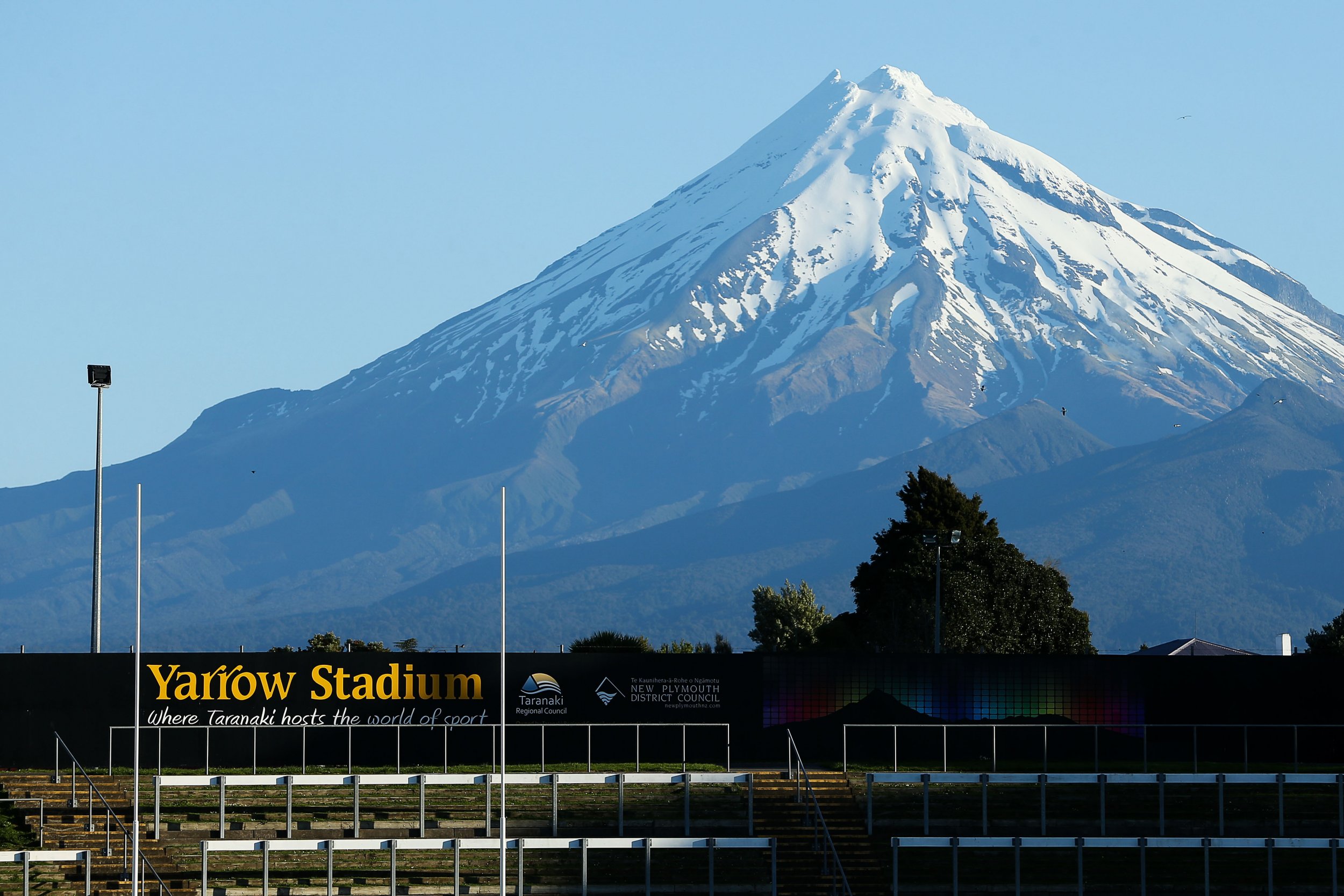
A sacred mountain in New Zealand has been granted human rights, a reflection of the belief by the Māori tribe, the indigenous people of New Zealand, that humans are equal with everything in the universe. The new rights now make it against the law to abuse the mountain, and harming the mountain would be considered just as bad as harming another person.
Mount Taranaki on the west coast of the North Island is now the third geographic feature in New Zealand to be granted human rights, The Guardian reported. The mountain is now considered a "legal personality," a move which will help to protect the landmark. It also means that the land "owns itself" and does not have any human ownership, NZ Herald reported.
Related:America's 1,200 Mountain Glaciers Are Shrinking Dramatically , Disturbing Images Reveal
"As a New Plymouth local I grew up under the gaze of the maunga [mountain] so I'm particularly pleased with the respect accorded to local tangata whenua [local people] and the legal protection and personality given to the mountain," said Andrew Little, the minister who oversaw the treaty negotiations to recognize Mount Taranaki an individual, The Guardian reported.
The mountain has close cultural ties with the Māori people and, according to Māori culture, the mountain is an ancestor of tribal members. This is based on their belief that everything in the universe is connected and equal.
Protecting the mountain has become increasingly important as tourism increases. The mountain is named as the "second best place to visit in the world" by the travel book guide series, Lonely Planet. The mountain is actually a volcano, which according to NewZealand.com is around 120,000 years old. The volcano is listed as dormant not extinct, and the last time it erupted was in 1775. Now, the mountain is a major tourist attraction. The mountain's tops are snow-capped, while lush rainforests can be found on the mountain's slopes.
Related: Mysterious Condition Makes High Altitude Climbers Imagine People Who Aren't There, Hear Things And Generally Lose Grip On Reality
Climbing Mount Taranaki is considered to be an achievable feat for mountaineering novices. The trip takes about six to eight hours to reach the mountain's top and then return to its summit again.
The mountain will be in the guardianship of eight local Māori tribes and the government. In addition to protecting the mountain from harm, recognizing the mountain as a living entity is also respectful to the Māori people's culture and way of viewing the world. Other geographic places in New Zealand to be recognized as a legal personality include the Whanganui River, The Guardian reported.
"We can trace our genealogy to the origins of the universe, and therefore, rather than us being masters of the natural world, we are part of it," Gerrard Albert who negotiated legal personhood for the Whanganui river, The Guardian reported.
Uncommon Knowledge
Newsweek is committed to challenging conventional wisdom and finding connections in the search for common ground.
Newsweek is committed to challenging conventional wisdom and finding connections in the search for common ground.
About the writer
To read how Newsweek uses AI as a newsroom tool, Click here.








